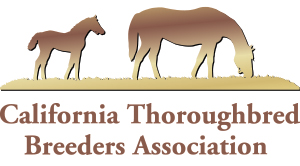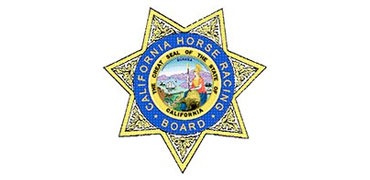From CHRB
SACRAMENTO, Calif. (Apr. 10, 2014) — The California Horse Racing Board is moving to adopt strict penalties for riders using electrical devices in races or workouts. In the interim, Executive Director Rick Baedeker has issued a directive for CHRB investigators to refer any such cases directly to the racing commissioners for hearings and also to notify the local District Attorney for possible criminal prosecution.
CHRB Rule 1890(c) “prohibits any person from having in his possession on the premises [including auxiliary stabling and training facilities] during any recognized meeting any electrical stimulating or shocking device commonly referred to as a battery, or any mechanical stimulating device, or any other appliance, which might affect the speed or actions of a horse.”
CHRB rules do not contain penalty guidelines for the stewards and other judges to follow when adjudicating cases except for violations involving medications, which are based on national model rules and detailed in CHRB Rule 1843.3. Establishing a penalty guideline within the rule for use of an electrical device will be the first step taken by the Board to codify penalties in rules beyond medication violations.
In his directive, Baedeker instructed investigators to “refer any compliant filed against a jockey or exercise rider for violation of this rule directly to the full Board of Commissioners rather than the Board of Stewards, so that the full Board may consider and impose the maximum penalty allowable under the law (i.e. permanent revocation of the person’s occupational license).”
In addition, “investigators are directed to refer any such case involving a race to the local District Attorney for prosecution under California Penal Code 337f(a)(1), which prohibits any jockey from affecting the result of a race through the use of any electrical device or equipment and which is punishable by a fine not exceeding five thousand dollars ($5,000), or by imprisonment in a county jail not exceeding one year, or by imprisonment pursuant to subdivision (h) of Section 1170, or by both that fine and imprisonment.”
Procedurally for a case to be heard directly by the racing commissioners rather than the stewards, an administrative law judge must be present to assist the Board in the conduct of the hearing. Only those commissioners who hear the evidence can vote in the decision. The Board has 100 days following the hearing to issue its decision.


